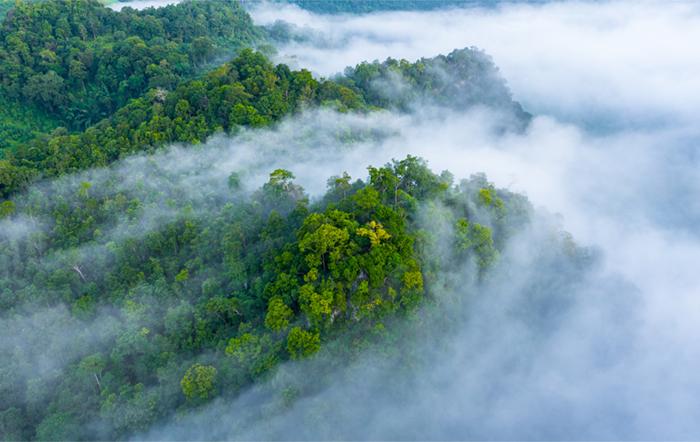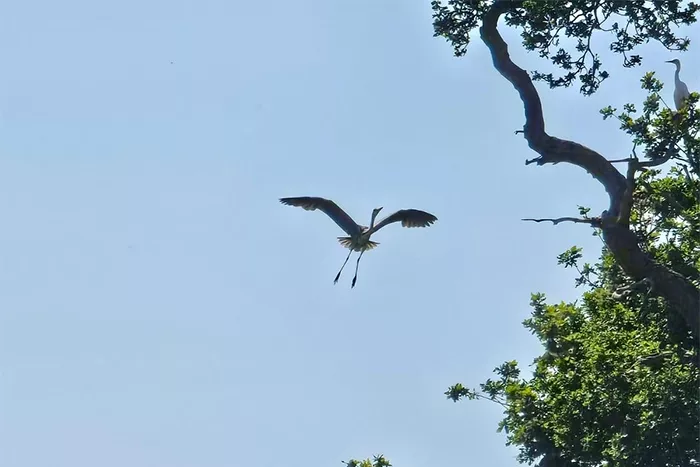Tabina Manzoor, a Kashmiri student, researcher, and environmentalist currently pursuing an MSc in Water Science, Policy, and Management at SoGE, served as a student co-moderator at Oxford’s recently concluded Right Here Right Now Global Climate Summit, where she also gave an opening address at the Sheldonian Theatre.
News
Edward Sandford Receives Special Commendation In QRA's Undergraduate Dissertation Prize
Congratulations to Ed Sandford whose dissertation, "Insights from an investigation into phases of accumulation and lateral migration of a linear dune, Northeast United Arab Emirates", has received a special commendation in the Quaternary Research Association's annual dissertation prize.
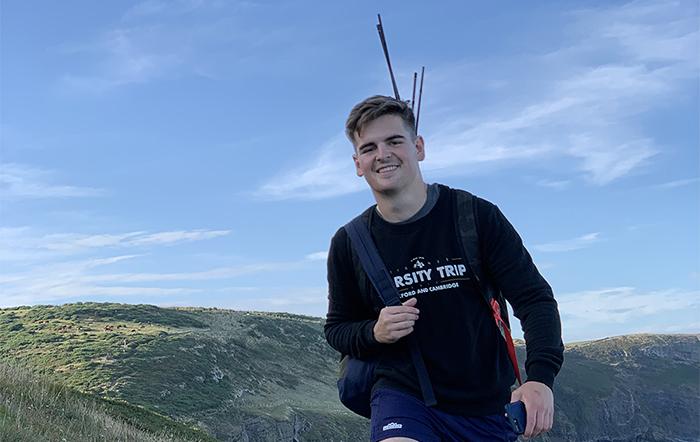
Bank Of England Tells Banks to Brace For Sky-High Carbon Price
The Bank of England told banks and businesses to start assessing the risks they face from climate change immediately, and brace to pay much more for polluting, writes Bloomberg. With comment from Ben Caldecott, Director of the Oxford Sustainable Finance Programme.

Storytelling can be a powerful tool for science
ECI scientists Josh Ettinger, Lisa Schipper and Fredi Otto have written a response to a recent Nature commentary arguing against storytelling in science communication. Used appropriately, storytelling humanizes the research process and makes science more accessible to diverse audiences, the authors say. Read the full rebuttal in Nature magazine.

Why projects to adapt to climate change backfire
Many internationally-funded projects aimed at combating the impacts of climate change can make things worse - by reinforcing, redistributing or creating new sources of vulnerability in developing countries, according to a review led by the Norwegian University of Life Sciences (NMBU) and the University of Oxford. Dr Lisa Schipper, Environmental Social Scientist at the ECI, is one of the lead authors of the review.
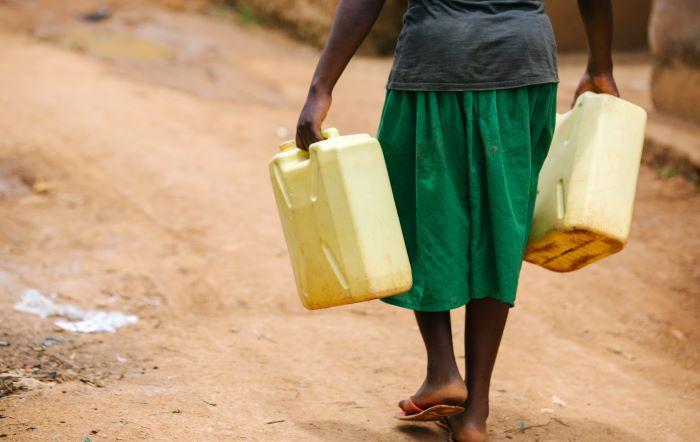
Oxford University and Lombard Odier launch strategic partnership on Sustainable Investment
The multi-year partnership will create the first endowed professorship of sustainable finance at any major global research university. Dr Ben Caldecott has been appointed the first holder of the post and will become the Lombard Odier Associate Professor and Senior Research Fellow of Sustainable Finance at the University of Oxford, based at the Smith School of Enterprise and the Environment.

Oxford University and Lombard Odier strategic partnership on sustainable investment
Extensive media coverage of this new partnership includes: Lombard Odier Teams Up With Oxford on Sustainable Finance [Bloomberg] / Lombard Odier ties up with Oxford University on staff training, research sharing and strengthening 'academic rigour' for sustainable finance [Responsible Investor] - Lombard Odier and Oxford University unite for sustainable finance push [Citywire] / University of Oxford and Lombard Odier launch sustainable investment partnership [International Investment.net] / Oxford University announces first professorship in sustainable finance [Business Green]

UK population movement falls 59%, compared to -89% in March - Oxford COVID-19 Monitor
The latest data from Oxford's COVID-19 Impact Monitor shows the January lockdown has, so far, had one third less national impact on movement than the March shutdown. The tool, developed by a team from across the University involving Dr Won Do Lee (Transport Studies Unit), uses mobile phone data to track movement and help tackle the pandemic. Find out more.

BBC Radio 4: Rewilding in Siberia
Can removing trees and reintroducing musk ox and other grazing animals protect the permafrost from thawing and releasing carbon? Marc Macias-Fauria joins Tom Heap, Nikita Zimov and Tamsin Edwards to discuss rewilding in Pleistocene Park as part of BBC Radio Four's series, '39 Ways to Save the Planet'.
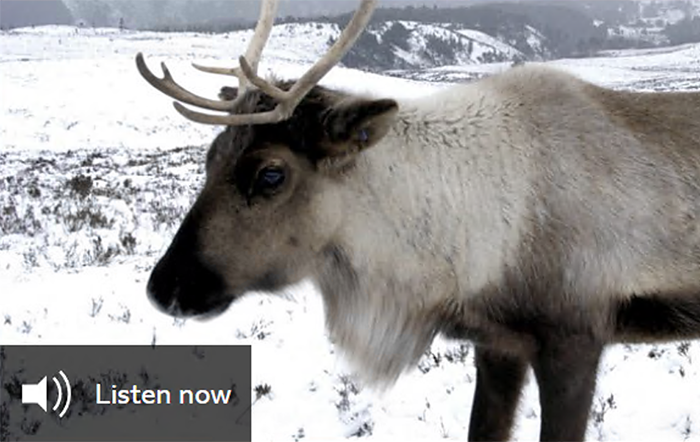
Climate change: Africa's green energy transition 'unlikely' this decade
New research uses machine learning to predict that total electricity generation across the African continent will double by 2030, with fossil fuels continuing to dominate the energy mix and posing potential risk to global climate change commitments. The study, published in Nature Energy, was led by Galina Alova with co-authors Philipp Trotter and Alex Money. [Extensive media coverage including BBC, Reuters, Forbes, Bloomberg and more]

Climate Crisis for Beginners
Usborne has published a new book explaining the Climate Crisis with the help of Steve Smith, Executive Director of Oxford Net Zero. Beautifully illustrated and in simple language, the book takes readers from the facts of global warming to how we can stop it, and why it isn't simple to fix. It finishes with a hopeful message about the things we can do now to make a difference, no matter our age. A great introduction for children and adults alike.




